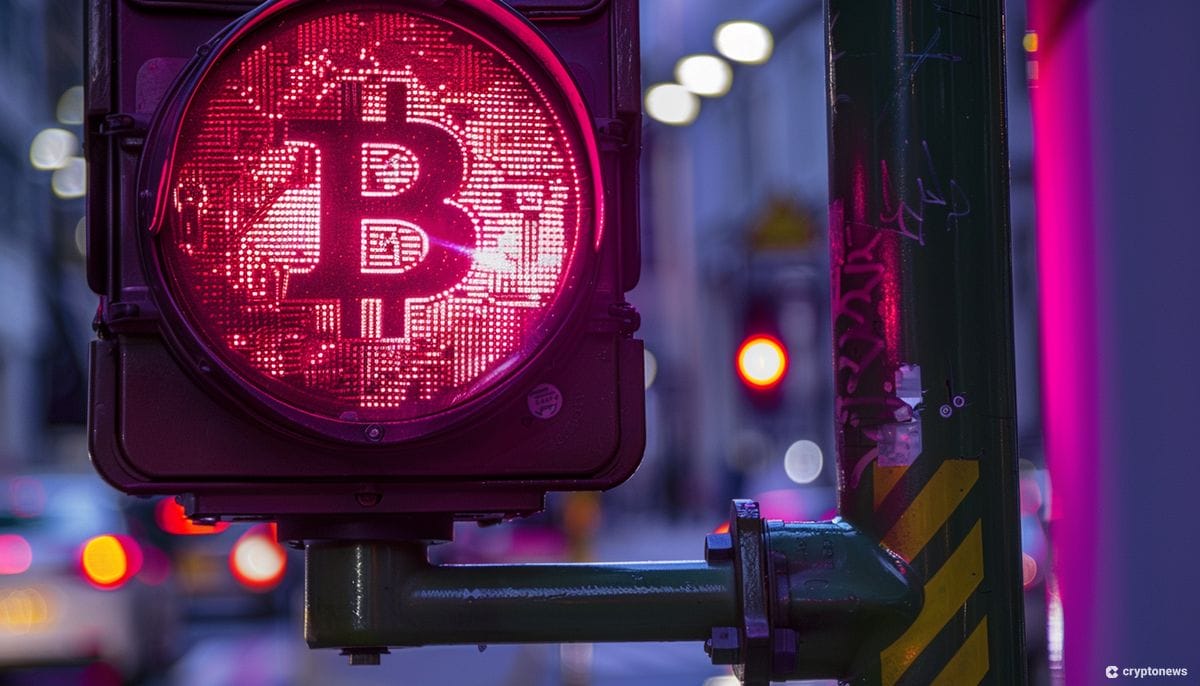Brazilian authorities have recently upheld a ban on the use of cryptocurrency donations to fund political parties and candidates’ electoral campaigns. The nation’s electoral court, known as the Tribunal Superior Eleitoral, stated that it would maintain the ban on crypto donations up until the 2024 municipal elections. This ruling comes as a blow to the crypto community in Brazil, as they were hoping for a change given the rapid adoption of cryptocurrencies in the region.
The new ruling updates existing regulations surrounding the funding of political campaigns in Brazil. The TSE stated that the payment of electoral expenses with virtual currencies and pre-paid cards managed by third parties is prohibited. The reasoning behind this ban is to ensure transparency and proper tracking of donations made to political campaigns. The TSE emphasized that these rules are in accordance with legal and accountability requirements and are aimed at supervising the fairness of the electoral process.
The TSE’s guidelines specify that donations over a certain value must be made by bank transfer and subject to verification. Additionally, all crypto donations, including those below the specified value, remain prohibited. The TSE first explicitly banned cryptocurrency as a donations tool in December 2019 and has since reiterated this stance in subsequent updates to its guidelines. These regulations impact the upcoming 2024 elections, where Brazilians will be voting for mayors, deputy mayors, and local councilors in over 5,500 regions.
Candidates participating in the elections are required to abide by the TSE’s rules and provide detailed financial statements of their expenses and income from donations. The electoral regulator also warned that those who fail to comply with the rules could face sanctions from the Public Prosecutor’s Office and the court system. Despite the ban on cryptocurrency donations, there is ongoing support for digital banking services in Brazil, as evidenced by Nubank, the country’s largest neobank, which recently surpassed 100 million clients across its operations in Brazil, Mexico, and Colombia.
As Brazil prepares for the upcoming municipal elections in October, the ban on cryptocurrency donations to fund political campaigns remains in place. The TSE’s decision to uphold the ban aims to maintain transparency and accountability in the electoral process while preventing irregular or illicit practices. With the growing adoption of cryptocurrencies in Brazil and the wider Latin American region, the crypto community had hoped for a change in regulations. However, the TSE’s ruling continues to prohibit crypto donations, emphasizing the importance of financial accountability in political campaigns.
In light of the ban on crypto donations, the TSE has instructed candidates to adhere to the regulations by providing detailed financial statements of their campaign expenses and income. Failure to comply with these rules may result in sanctions from the Public Prosecutor’s Office and the court system. Despite the restrictions on cryptocurrency donations, digital banking services like Nubank continue to thrive in Brazil, showcasing the ongoing support for innovative financial solutions in the country. While the crypto community may be disappointed by the ban, the TSE’s decision reflects its commitment to ensuring fairness and integrity in the electoral process.











